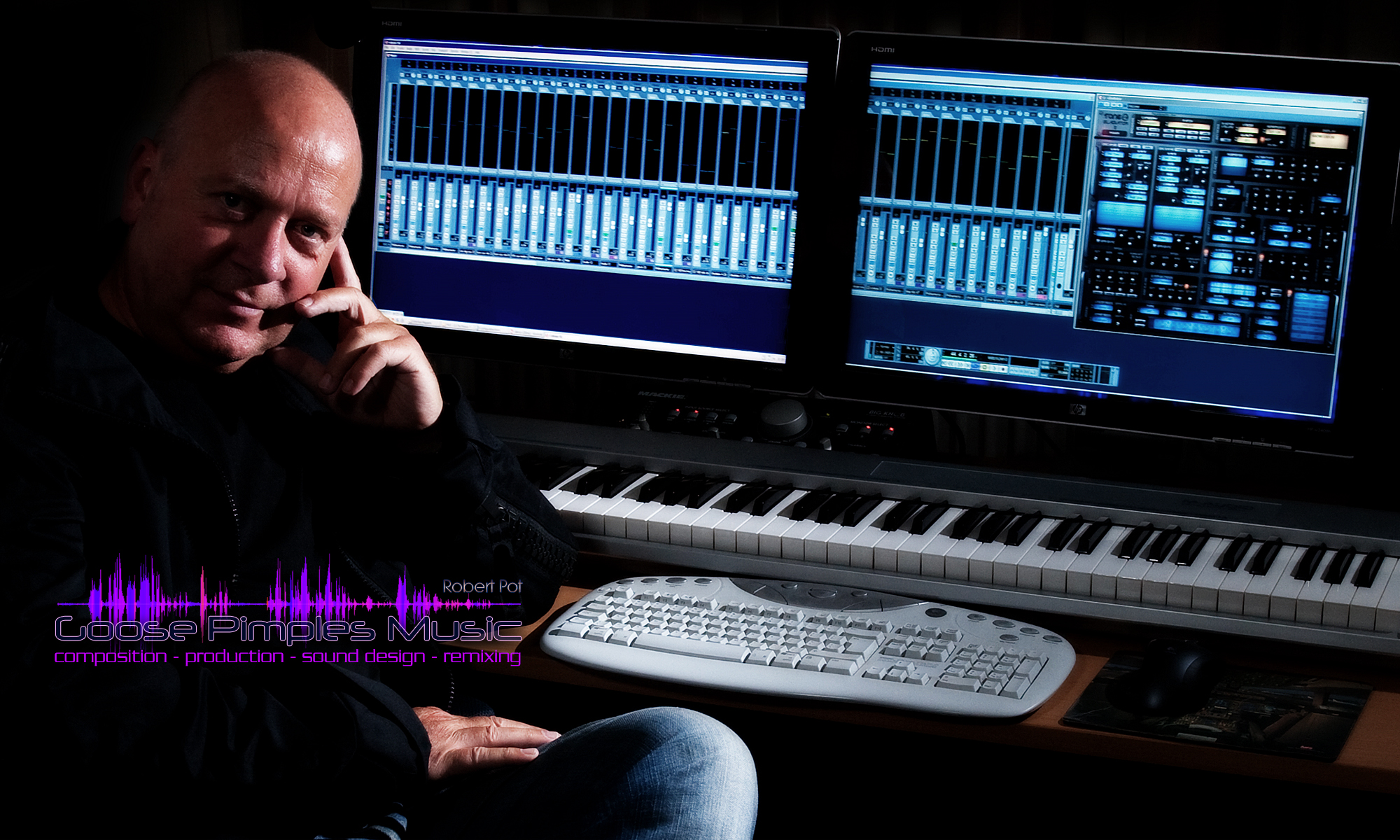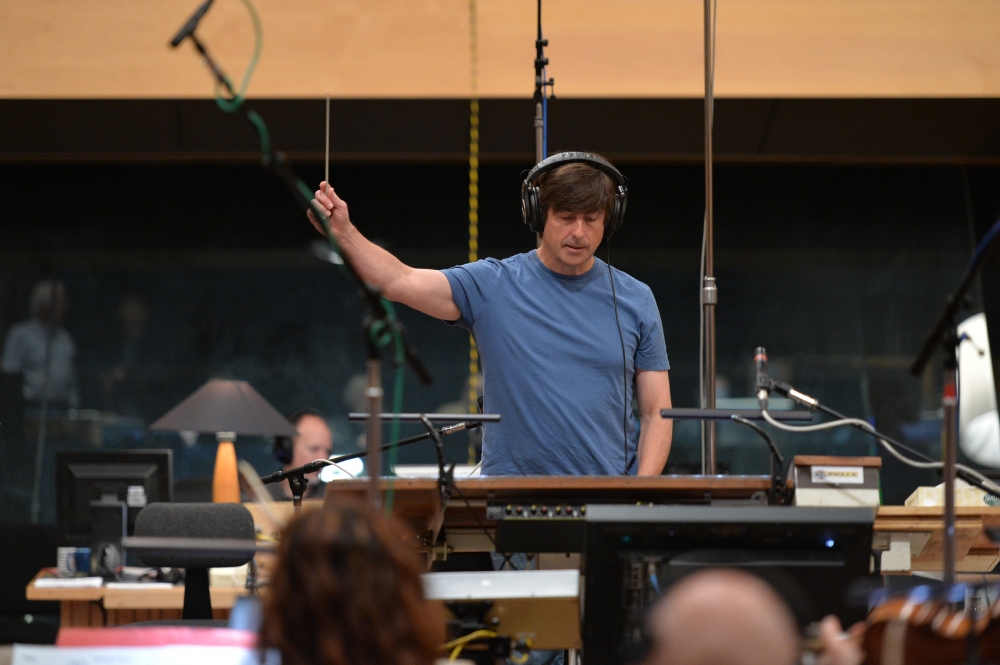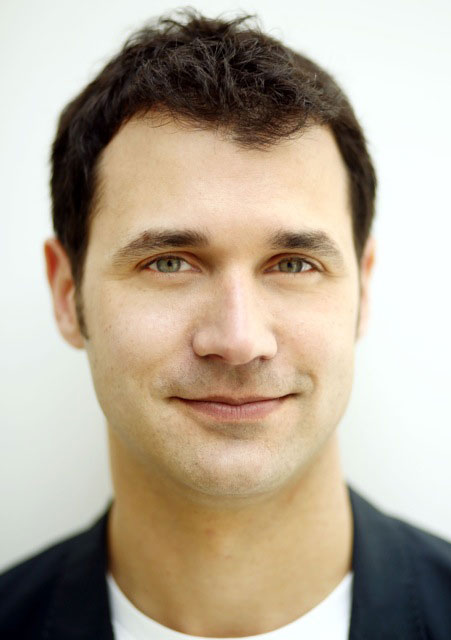The world will always remember John Barry for his association with James Bond. Yet –as enjoyable as the Bond scores have been– much of Barry’s best work rests in the threshold of serious drama. Trademark styles involving lush strings and massive orchestrations have awarded Barry with respect and admiration by fans and other professionals. Always maintaining an elevated level of diverse, musical knowledge, Barry’s career has spanned four decades and evolved from a jazz-based pop rock talent to his current, classically oriented, mega-blockbuster status.

It is partially because of this jazzy background that Barry has been so successful with the Bond scores. Barry and Monty Norman went to court at the end of the century over the ownership of the James Bond theme, and Norman won the right to receive royalties for that theme in a nasty, mud-slinging legal battle. Nevertheless, Barry wrote many of the popular title songs that followed, and his themes for these films can be heard on hundreds of compilations, as well as corporate videos and supermarket jingles. Many people forget that Barry was known as a very talented song-writer early in his career. After the Bond series had quit for a short while in the early 1990’s, though, Barry did not feel like a part of Bond any longer. He instead set his sights primarily on drama.
In the 1980’s, Barry had experimented with combining synthesizers with his traditional orchestras and band. After the incredible success of his fully orchestral Out of Africa and Dances With Wolves scores, his style has remained static. Lush strings, performing the main themes, are accompanied by brass (and almost never the other way around). After positive exposure for Chaplin and Indecent Proposal, Barry used this style for a trio of impressive scores: The Scarlet Letter, Cry, The Beloved Country, and Swept from the Sea. He continued to score action films sparingly, with an adequate, and sometimes hauntingly good score for The Specialist, and an average score for Mercury Rising. The 1990s has seen a dramatic decline in Barry’s productive output. He rarely scores television projects anymore, and only departed from regular film to score an IMAX picture, Across the Sea of Time, for his son. In eight of the last ten years, Barry has scored only one film or less per year.
Although his production has been sporatic in the last years, sometimes taking entire 18-month periods off from scoring feature films, the scores that he has created in the 1990s have been generally very enjoyable. There are many fans who cherish each and every one of Barry’s new releases and hope that his career extends for yet another decade. Unfortunately, for those who want to see Barry return to the James Bond series, it appears that such a reunion will not occur. David Arnold, a promising young composer, however, has taken the reigns of the new Bond scoring responsibilities, and his score for Tomorrow Never Dies pays an enormous tribute to John Barry’s 1960’s Bond style.
Source: http://www.filmtracks.com/composers/barry.shtml


 Williams conducts a concert in 1994
Williams conducts a concert in 1994 I had not read the books. I knew of them. The creators David Benioff and D.B. Weiss reached out to me and sent me the first two episodes of season one to watch and see what I thought. Then we got together and talked creatively about the complexity of the story and characters. It was important for them to make sure the different characters and plots were musically supported. Music can help so much to guide the plotline. After our conversation, I eagerly started writing for the first episode.
I had not read the books. I knew of them. The creators David Benioff and D.B. Weiss reached out to me and sent me the first two episodes of season one to watch and see what I thought. Then we got together and talked creatively about the complexity of the story and characters. It was important for them to make sure the different characters and plots were musically supported. Music can help so much to guide the plotline. After our conversation, I eagerly started writing for the first episode.